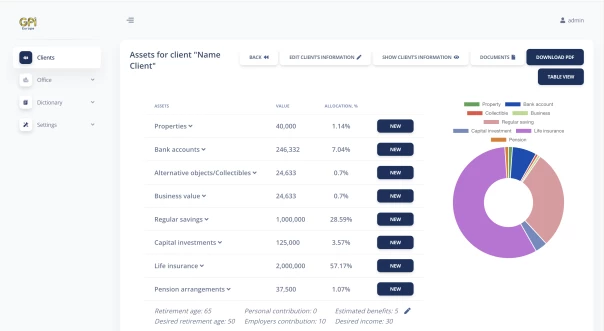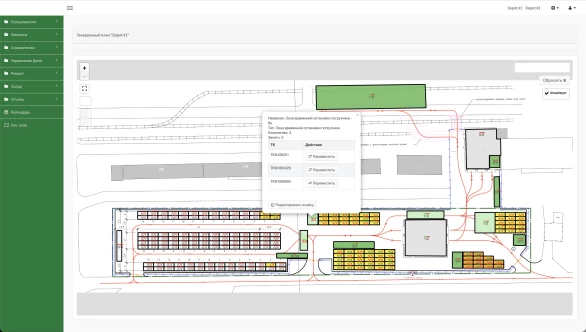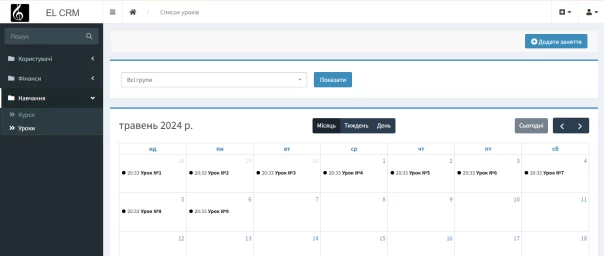Modern company management models cannot do without automation. This is not just a trend, but a way to minimize the human factor. Business management systems will help you to perform tasks more efficiently, organize reliable communication channels with clients, and establish communication between all departments of the company.
Why do I need to develop or integrate existing solutions when I keep everything in a notebook?
Those entrepreneurs who have not yet decided to try out technological solutions say so. Fortunately, their number is rapidly decreasing, and companies are becoming more digitized in all aspects.
Business management is a set of processes and resources aimed at the development and productivity of a company. To be successful, the management development strategy must be closely aligned with the administrative activities and control of each element of the firm.
Can this be realized in a notebook - yes, but not for long. At the initial stages, managing a small business seems simple: there are sales, the budget is replenished. In such a situation, you can really get by with a notebook or their modern analogues like Google Docs and Google Sheets.
The owner will have to choose whether to plunge into the routine of business, keep a lot of processes in mind, or automate and standardize most of the work. Only in the second case, you can count on growth and make effective strategic decisions - this has been proven in practice.
What are business management systems?
A business management system is a set of software tools that optimize, automate, and control most processes within a company. The main functions of the software:
- to collect and store data related to the company's activities;
- to automate daily processes;
- to establish communication processes with the target audience;
- to improve business performance indicators;
- to optimize the company's expenses.
Business management systems are complex software. The product consists of various modules, each of which performs a specific task. Most of the top systems have in-depth analytics functions that are required by large businesses.
What management systems do businesses use?
There is a fairly large amount of software that is used in business. Their purpose varies from ordinary staff to the management of large companies. All types of software can be divided into the following groups.
CRM systems
Software is necessary for business management: to manage the processes between the company and the client. With the customer base exceeding thousands, such systems are quite reasonable.
CRM capabilities:
- storage and structuring of customer data;
- history of customer activity from the first moment of their contact with the offer;
- automation of contact processes, mass mailings;
- analysis of audience preferences based on their activity;
- informing staff about planned tasks.
CRM systems are needed by both sales and marketing departments. It is a powerful tool for in-depth analysis of the customer audience.
ERP systems
Powerful business management systems. Designed for medium and large companies with extensive business processes.
ERP helps to:
- automate specific processes;
- keep track of the company's resources and use them competently;
- increase work efficiency;
- optimize costs;
- analyze the data of the company's activities.
ERP systems combine all business units into a single system. This gives management a tool to control all parts of the company.
WMS systems
Software systems for the logistics sector. The main functions of business management include:
- management and automation of the main warehouse processes;
- work planning;
- control of goods turnover;
- inventory and related operations;
- document flow.
The functionality of a modern WMS system is quite diverse. The software is focused on different industries and can be part of larger complexes, such as ERP.
Requirements for small and medium-sized business management systems
Small and medium-sized business management is based on several principles:
- workflow optimization;
- cost control;
- automation of routine tasks.
It is easier to use one software than to install and customize dozens of different programs. That is why multifunctional systems have been gaining popularity lately.
Basic requirements for control systems:
- a clear interface;
- availability of the tools that a particular business needs;
- adaptation to Ukrainian legislation (especially accounting software).
An important criterion is direct technical support for the software. At the initial stages of integration, it is essential to quickly resolve difficulties in using the software.
Small businesses can get by with simple management tools. However, the owner needs to be forward-thinking: with the development of the company, it is quite likely that the transition to more serious systems will take place. To do this, you need to prepare.















